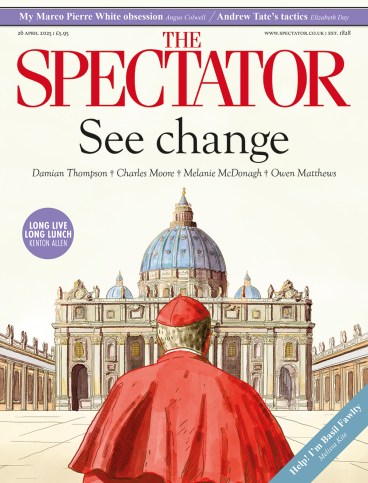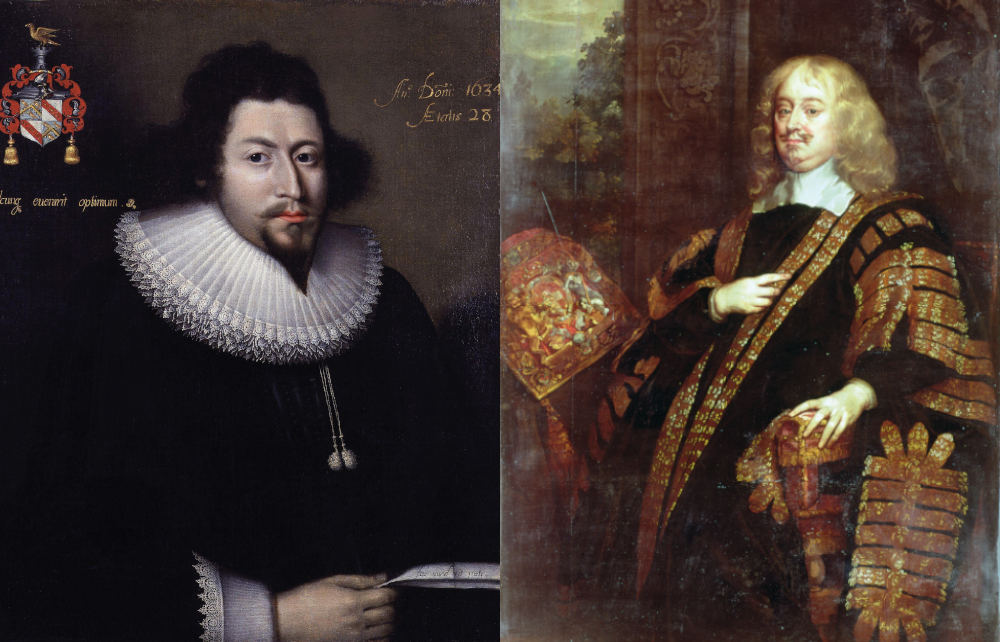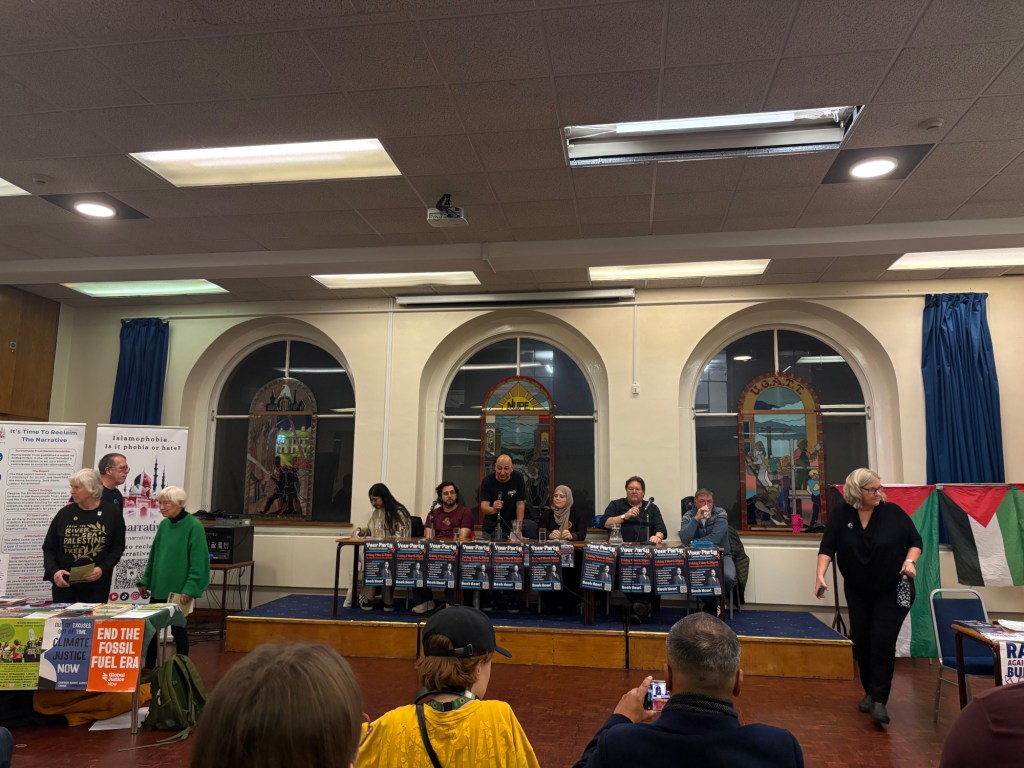
Marcus Nevitt has narrated this article for you to listen to.
In April 1636, two aspiring lawyers, eager to make their way in the world, corresponded about the state of affairs in London. ‘Our best news,’ wrote Edward Hyde, the future Earl of Clarendon, ‘is that we have good wine… the worse is that the Plague is in town and no Judges dye.’ The recipient of this letter was Bulstrode Whitelocke, a fellow member of the Middle Temple, who, like Hyde, would go on to write an indispensable contemporary chronicle of the British civil wars of the mid-17th century.
What makes the intimate, wry irreverence of Hyde’s missive seem startling in retrospect is that the two men ended up on opposite sides of the revolutionary political gulf opened up by that conflict. Hyde, the author of the magisterial The History of the Rebellion and Civil Wars in England (published in 1702), was one of the most tenacious defenders of, and PR gurus for, the Stuart dynasty (as Charles I’s chancellor of the exchequer and Lord Chancellor to Charles II). Whitelocke, by contrast, became an Interregnum diplomat who was knighted by Oliver Cromwell for his services, after which he wrote a promiscuous melding of journal, memoir and political history, printed in 1681 under the unsnappy title of Memorials of the English Affairs. At the end of their vastly divergent political careers, Whitelocke still cherished his early letters from Hyde, preserving them for his children ‘to lett you see the kindness and correspondence which was between the gentlemen in these times’.
This story of estrangement and youthful intimacy lost is the subject of Minoo Dinshaw’s fascinating but frustrating book. The author presents Hyde and Whitelocke as men of instinctively moderate or neutralist political outlook who were swept asunder by the polarising forces of armed conflict and the war’s more zealous proponents. His account begins with the two men in the Middle Temple collaborating on a lavish Inns of Court production of James Shirley’s masque The Triumph of Peace (1634). This was an inordinately expensive spectacle, designed to smooth over relations between the crown and the legal profession after the Puritan lawyer William Prynne, implied in print that the queen was a ‘notorious whore’, due to her fondness for aristocratic theatricals.
As we progress through the period, Hyde and Whitelocke are frequently found on the same page in relation to most of the controversies of the day. They both regretfully signed the attainder which brought about the Earl of Strafford’s demise; they lamented the execution of Archbishop Laud; they deplored Prince Rupert’s impulsive behaviour in the field; they both became commissioners for opposing sides attempting to thrash out peace treaties at Oxford (February 1643) and Uxbridge (January 1645).
Dinshaw’s book is effectively a pair of close-up, interlocking biographical portraits of the two men and the circles in which they moved up to 1645 – the point at which hopes for a negotiated end to the conflict began to fade in earnest. The book began life, however, as a ‘general review of moderate politics in the 17th century’ and it is telling, in this regard, that Dinshaw’s acknowledgments hymn the virtues of the former conservative MP Rory Stewart as a centrist guide, away from the wild extremes of the politics of Brexit and the Covid pandemic.
The trouble with the idea that centrism might have spared us the tragedy of the English civil war is that it doesn’t fully stand up to scrutiny. While one might legitimately claim that Whitelocke was in some senses a reluctant revolutionary (and this was certainly an impression that he cultivated for hostile audiences after the Restoration of the monarchy in 1660), Hyde can hardly be regarded as a consistently irenic broker in the early years of the war. He had a reputation for obduracy, somebody who was privately advising the king to cede no ground to parliament’s negotiators. By the spring of 1660, Presbyterian members of the council of state sought to exclude him from negotiations to restore the monarchy precisely because they thought him so divisive.
While the book is always elegantly written and is rich with rococo flourishes – the Duke of Buckingham and his family are the ‘ouroboros of Caroline patronage’; the Grand Remonstrance ‘a rambling, hyperbolic… rodomontade’; the civil war ‘an excrescence and not an education’ – the analysis that it might offer about the cooling of a friendship as evidence of the failures of political moderation is hobbled by the granular, biographical turn of the book.
Hyde had a reputation for obduracy, and privately advised the king to cede no ground to parliament’s negotiators
Dinshaw is less drawn to the processes of polarisation themselves than he is in centring personalities, familial traits and sociability as the engines of historical change. Thus the account of Hyde’s involvement in manoeuvres at the climactic battle of Edge Hill – important because it was the first major pitched battle of the war and was the closest that Hyde got to active military service – is suspended for two paragraphs while we hear about another person present who was sharing duties with Hyde: the physician and discoverer of the circulation of blood, William Harvey. With the Edge Hill narrative disrupted, we learn of Harvey’s friendships, acquaintances and family, his reading, his seraglio-haunting and his fondness for coffee (‘procured in Oxford from a Greek who found it more profitable than theology at Balliol College’), all on the grounds that he ‘was almost certainly already well known to Hyde’ at the time of the battle.
Such details are potentially beguiling for civil war nerds, of course, but they can appear digressive or bewildering to those new to the subject. They compromise, too, the clarity of this promising and intelligent book’s overarching narrative.







Comments